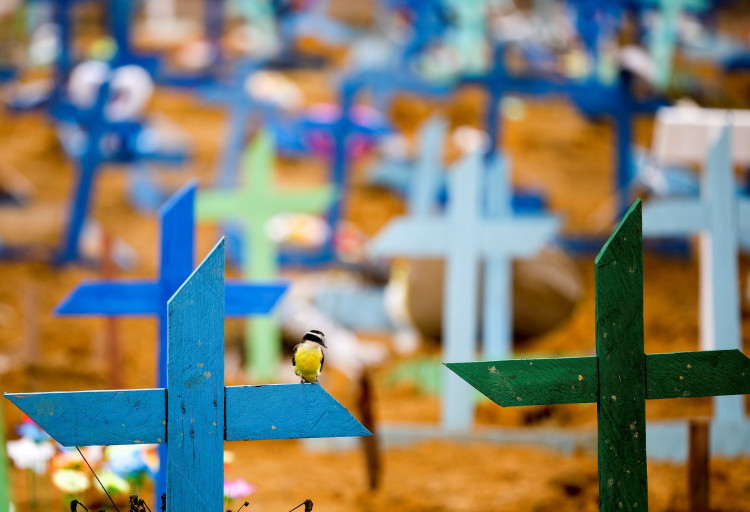An environmentally beneficial alternative to burial or cremation is the option of turning a deceased person's remains into the soil. A body is placed in a container and allowed to decay over a period of weeks. This process is also known as "natural organic reduction."
Washington became the first U.S. state to legalize it in 2019. The option to have one's body transformed into the soil after death is now available there according to a new law. The procedure is viewed as an alternative to cremations and burials, as well as a practical choice in urban areas where there is a lack of cemetery sites.
Following suit were Colorado, Oregon, Vermont, and California. As a result, New York is the sixth American state to permit human composting, after Kathy Hochul, the Democratic governor's approval.
In particular above-ground facilities, the process takes place. A body is placed in a vessel that is tightly sealed along with chosen materials like woodchips, alfalfa, and straw grass, and it progressively decomposes thanks to the activity of bacteria. Family members are given the resulting soil after about a month and after it has been heated to destroy any infectious agents. You can use this to plant trees, veggies, or flowers.
Recompose, a U.S. company, claims that its service can reduce carbon emissions by a toN when compared to traditional burial or cremation. The greenhouse effect, which occurs when carbon dioxide acts to trap the Earth's heat, is one of the main causes of climate change.
Coffin burials follow custom and require the use of wood, soil, and other natural resources. Human composting is promoted as a more environmentally friendly solution as well as one that is more practical in urban areas with a shortage of cemetery property.
However, some people have ethical concerns about what happens to the composted soil after it is created. According to reports, Catholic bishops in the state of New York opposed the legislation, saying that people's bodies shouldn't be treated like "household waste."
The price of composting has also been a source of concern. Recompose, a company with one of the world's first facilities in Seattle, claims that it is $7,000 (£5,786) fee is "comparable" to that of alternative options.
According to the National Funeral Directors Association (NFDA), the median cost of a funeral in the U.S. in 2021 was $7,848 for a burial and $6,971 for a cremation. Human composting is already permitted in Sweden, and natural burials, in which the person is interred without a coffin or one made of biodegradable materials, are permitted in the U.K.





